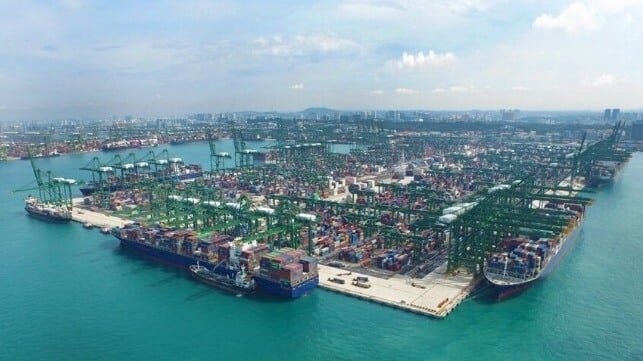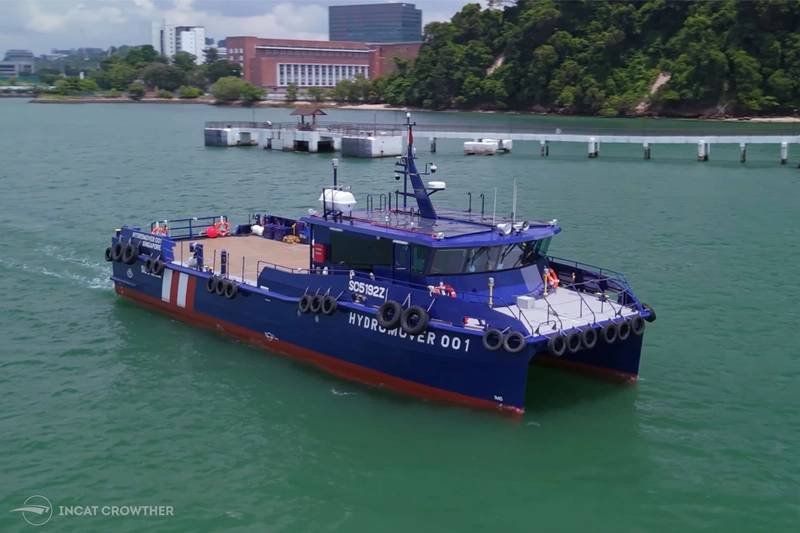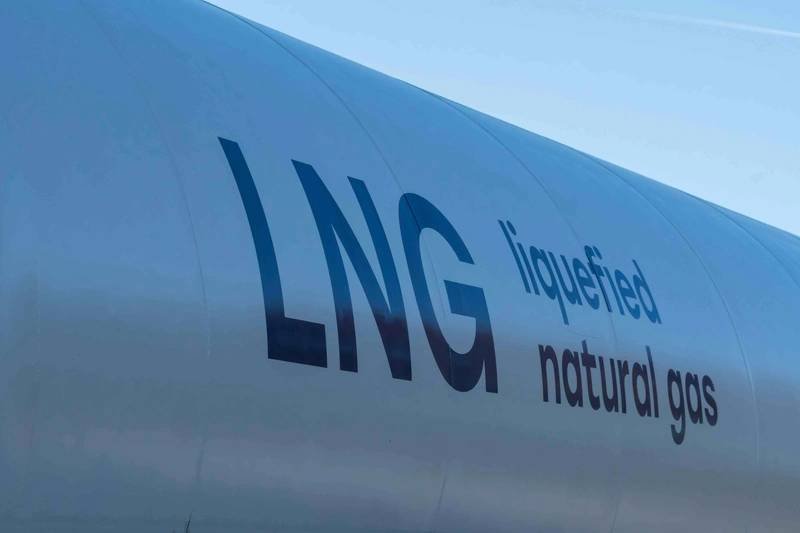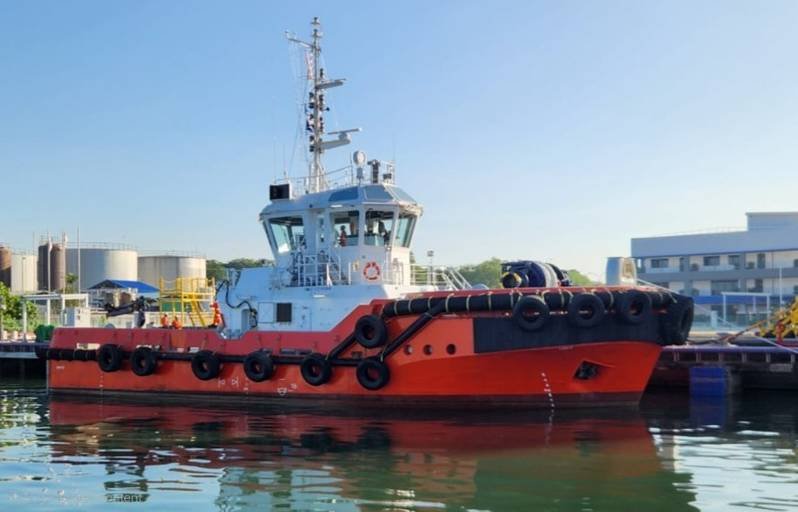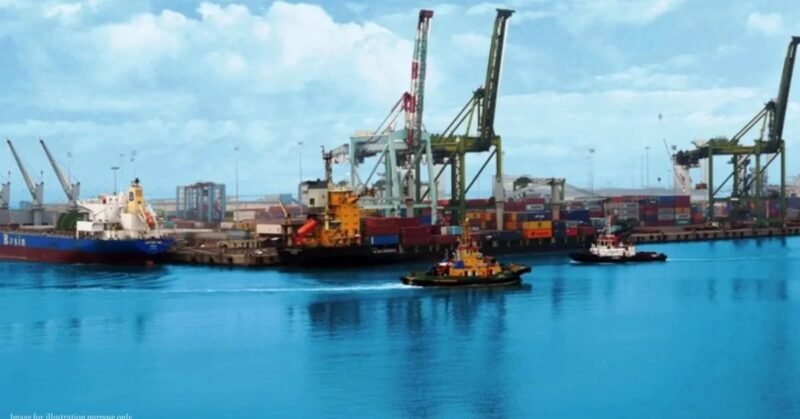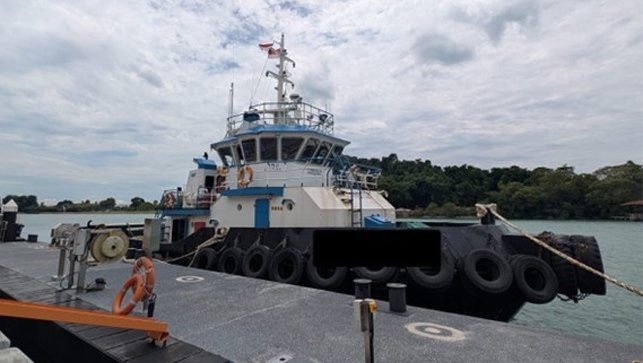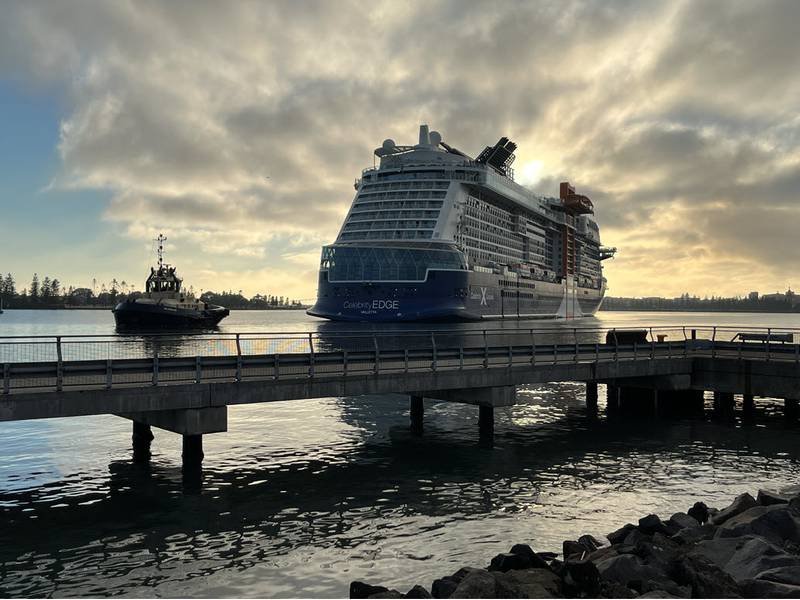Major carriers have raised concerns about the impact of Red Sea diversions on their services, with warnings of port congestion resurging. According to a report from Linerlytica, a Hong Kong-based market intelligence firm, the diversions are causing disruptions in transit times for vessels traveling from Asia to Europe. Analysts predict that the situation is expected to worsen in the coming months, especially with the threat of further diversions into the Indian Ocean by the Houthi.
Linerlytica’s analysis points to Southeast Asia and North-Eastern Asia as the worst bottleneck areas, with Singapore identified as the current epicenter of backlogs. The firm estimates that up to 450,000 TEU are in queue for shipping at Singapore, leading to vessels waiting up to seven days for a berth, a significant increase from normal conditions.
The growing congestion at Singapore is also impacting vessel operations, with carriers being forced to wait outside anchorages and reroute containers to manage the delays. This congestion has led to vessel bunching along routes, causing further disruptions in shipping schedules. Linerlytica estimates that approximately two million TEU of ship capacity, equivalent to seven percent of the global fleet, is currently caught in congestion, leading to rising shipping costs reminiscent of pandemic levels.


